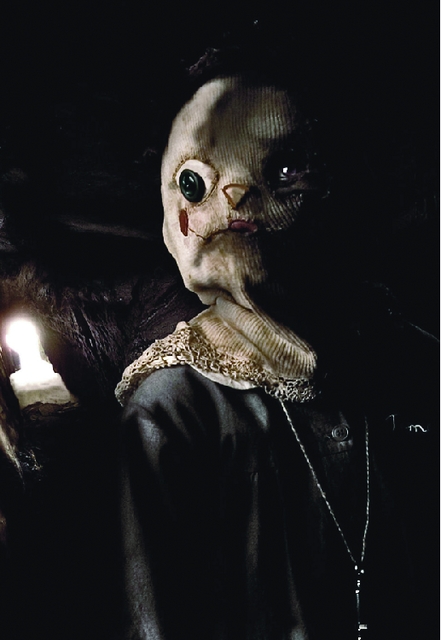The Orphanage
Atmospheric Spanish Chiller Will Have Audiences Jumping At Shadows


“Trick or treat!”
Latest Article|September 3, 2020|Free
::Making Grown Men Cry Since 1992


“Trick or treat!”